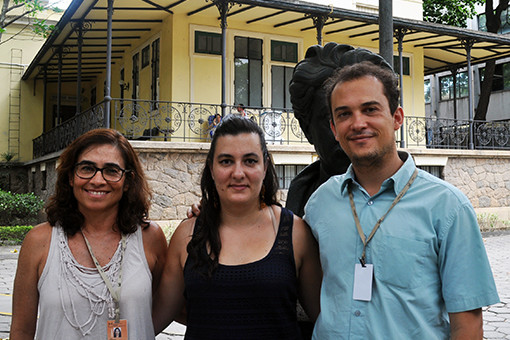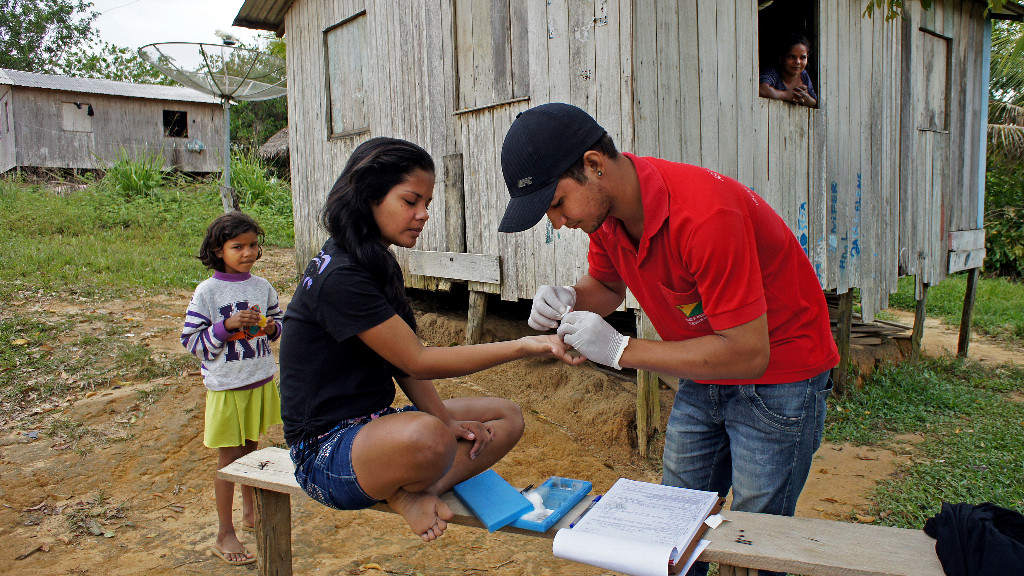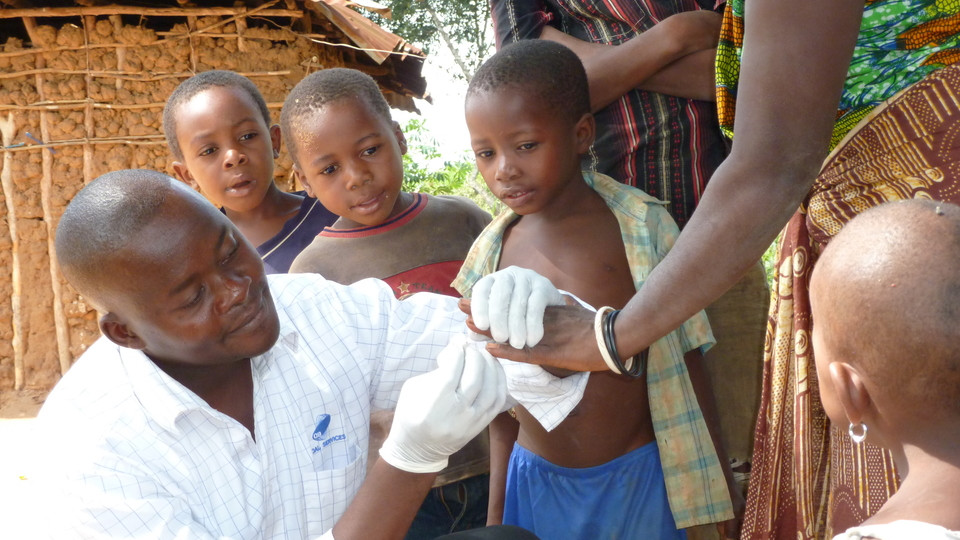Diagnosis and Treatment of Malaria
Malaria is preventable and treatable. Early and accurate diagnosis followed by prompt treatment is essential to prevent progression of uncomplicated malaria to severe disease or death. There are different methods of detecting malaria parasites; one can either detect them visually under a microscope, with a rapid test that detects an antigen of the parasite, or via molecular diagnostics.
Broad Range of Application of Molecular Diagnostic Tools
Research groups at Swiss TPH and at our collaborating institutions in endemic areas have been using molecular diagnostic tools for many years in the frame of epidemiological studies. Many of the assays to detect and quantify all species of malaria parasites are equally useful for population based studies as for individual diagnostics at the Swiss TPH Travel Clinic where molecular tools complement microscopic examination of blood slides if high sensitivity is required or to support species differentiation.
Diagnostic Tools in Challenging Settings
Focus of current work is on development of novel diagnostic tools suitable for the use in resource limited settings. This aims at molecular assays for viral, bacterial and parasitic infections causing febrile diseases. Currently DNA and RNA amplification techniques are compared that are suitable for simple equipment that can be operated at the point of care. A Swiss National Science Foundation funded project has started in 2016 addressing the diagnostic needs in settings with declining malaria transmission and increasing prevalence of non-malaria fevers. Assays and treatment algorithms will be evaluated in the Amazonas region. Collaborators in Brazil are from the Instituto Nacional de Infectologia Evandro Chagas (Fiocruz).

Diagnostic and Treatment in the Community
From a public health perspective, diagnostic and treatment strategies implementation need to be monitored. Studies in health facilities are not easy and often biased due to several factors. Following the development of new methods for the measurement of nine antimalarial drugs in one go from dried blood spots, we are currently assessing the value of conducting surveys in the community to monitor antimalarial consumption and its relation with diagnostic testing and treatment, as well as with parasite resistance.
Project Highlights

Non-Malarial Fevers and Low Parasite Levels in the Amazon
One of the outstanding problems in malaria elimination is to provide precise, robust and reliable tools for parasite diagnostics in rural and resource limited settings. While cases of high parasite density can be detected by microscopy and rapid diagnostics tests, many asymptomatic infections escape detection by the tests currently available.
These sub-patent infections are increasingly acknowledged as a previously neglected reservoir for onward transmission.
With reduced transmission intensity, the proportion of individuals seeking healthcare for acute febrile illness not caused by malaria will increase. This is not being addressed adequately in the rural Amazon region, where health systems are precarious and the only health diagnostic tool provided at most health posts is for malaria infection.
Previous research performed in the region has pointed to the great diversity of infectious agents causing acute fever, from arbovirus to bacteria. At the same time Swiss TPH studies have shown the usefulness of clinical algorithms for the improvement of management of febrile cases (Rambaud-Althaus et al. 2015). The project aims to validate new approaches integrating novel diagnostics and clinical management.

Improvement in Quality of Malaria Patient Management
The effective coverage of Artemesinin-based combination therapy in Tanzania is very low because of health system failures. In response to this, and as part of the INDEPTH Network Effectiveness and Safety Studies in Africa we are working on an intervention trial to improve provider compliance and patient adherence in the Rufiji District.